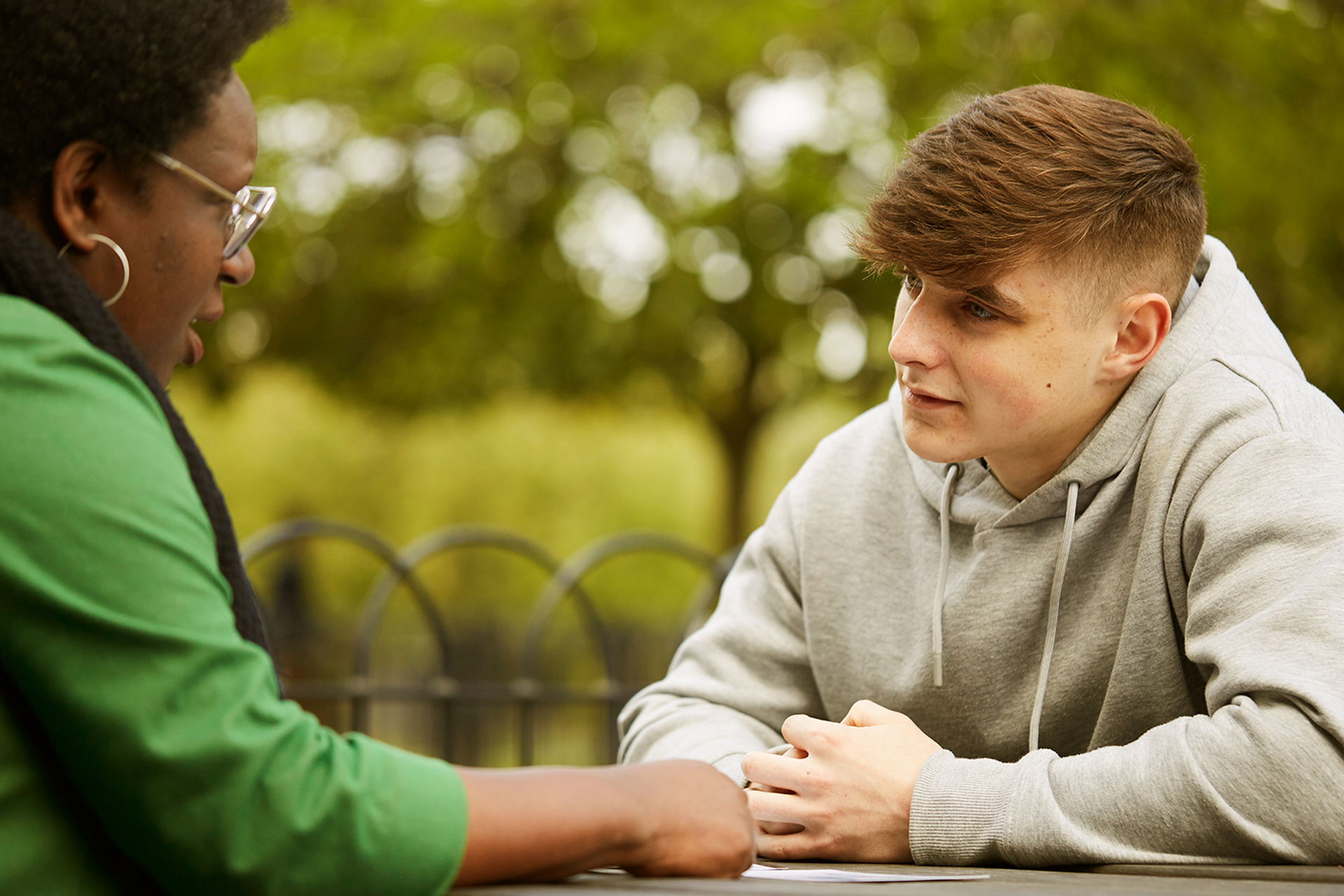
- Topic:
- Practical tools for support
- For:
- Schools,
- Community support,
- Youth workers
Information and advice on the different characteristics of what can make a young person see an adult as trusted.
We asked young people to share their thoughts and experiences of what makes an adult someone they can turn to when they're struggling with their mental health.
Someone who is really open-minded and doesn’t come into a conversation with a young person with any preconceived ideas about what they’ve experienced and why they are feeling a certain way. It’s somebody that doesn’t try to fix the young person rather than fix the feelings they’re going through, just supports them instead to help them feel better. They need to be trustworthy, caring, they need to be support and make sure they have your back. They need to make sure they have a positive influence on you because you look up to them.
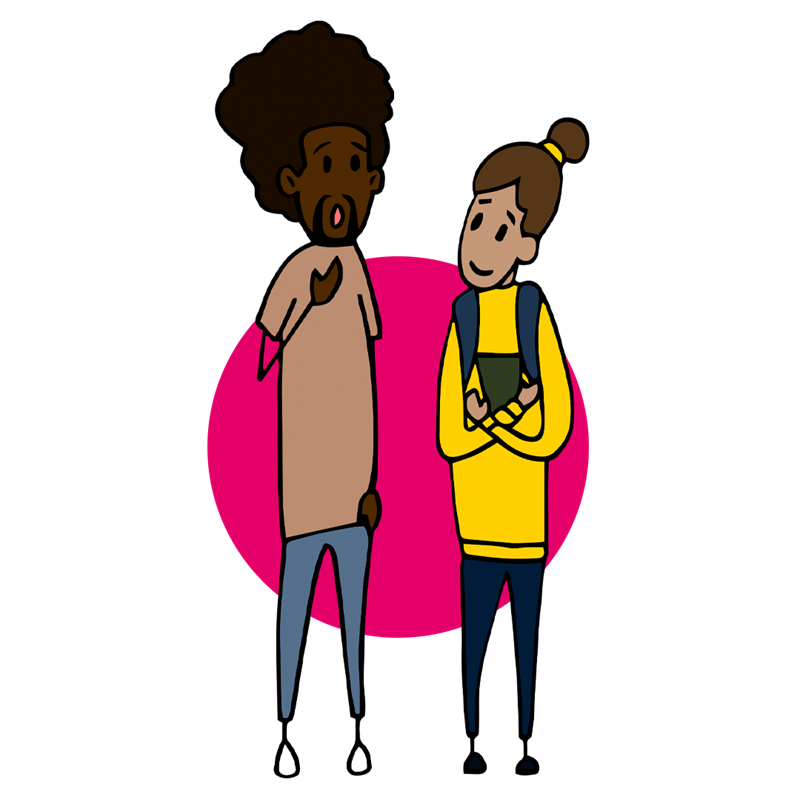
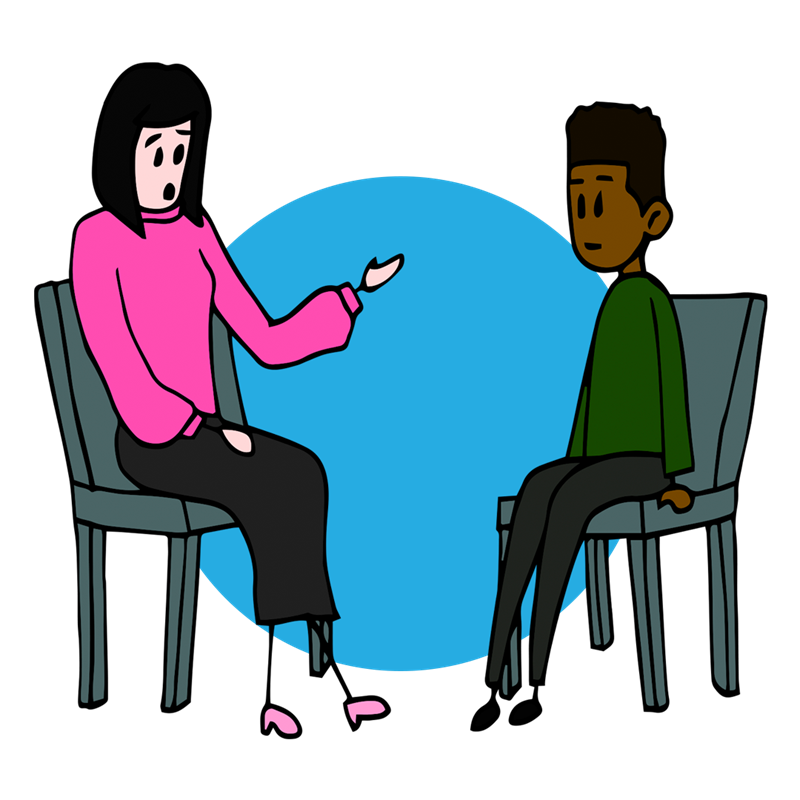
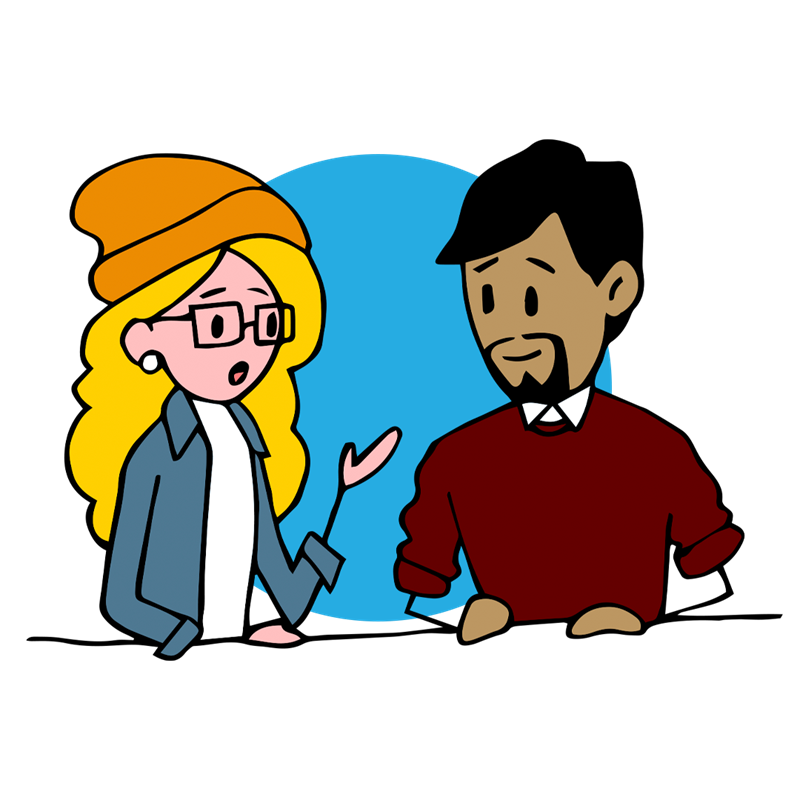
They are reflective, considerate and have good knowledge of the young person.
They are patient and know when to listen.
They are comforting with a calm tone of voice and have the ability to manage their own reactions.
They notice the young person.
They are honest with clear boundaries.
They are supportive and hold the emotions safely for the young person.
They are big-hearted with empathy, connection, and a sense of calm.
They stand alongside the young person.
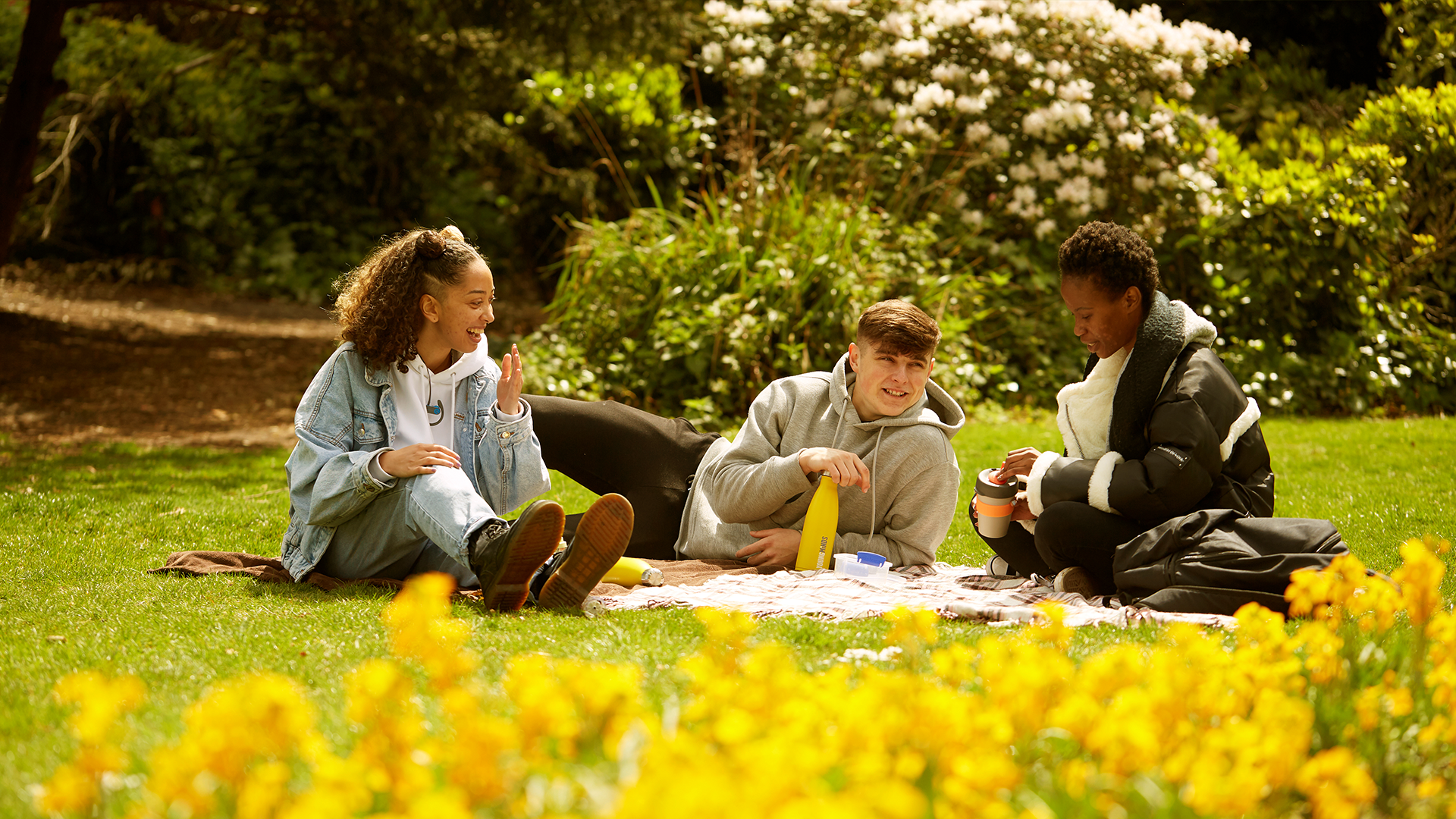
Whether you work at a youth club, coach a sports team, or run extra-curricular activities outside of school, we know the positive and crucial role you play in the lives of young people but understand you may often feel under-equipped to support them.
We have lots of new information, tips, and advice to help you feel prepared to support young people in your community.
Whether you love the page or think something is missing, we appreciate your feedback. It all helps us to support more young people with their mental health.
Please be aware that this form isn’t a mental health support service. If you or a young person you work with is in crisis right now and wants to talk to someone urgently, find out who to contact on our urgent help page.
At YoungMinds we take your privacy seriously. If you’d like to read more about how we keep the information we collect safe, take a look at our privacy policy.